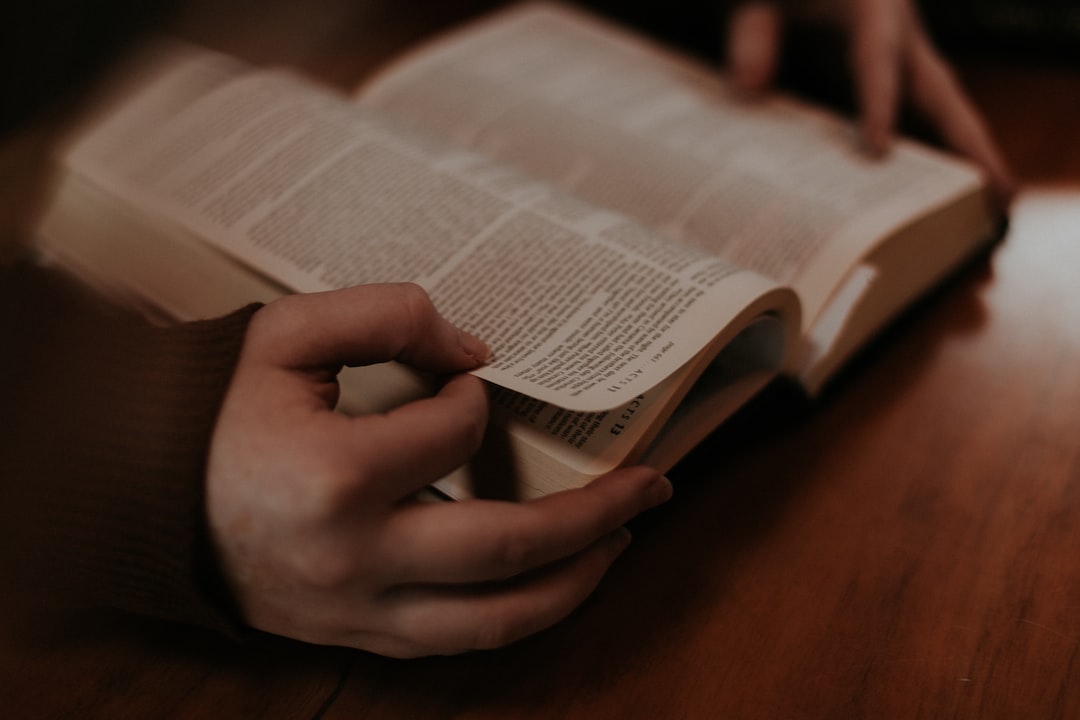The Role of Prophets in Different Religious Traditions
Prophets have played a significant role in various religious traditions throughout history. These revered figures are believed to have been chosen by a higher power to communicate divine messages and guide their communities. While the specific nature and role of prophets may vary across different religions, their fundamental purpose remains the same: to convey spiritual wisdom and provide moral guidance to the faithful.
In Christianity, prophets are seen as messengers of God who reveal His will to humanity. Most prominently, Jesus Christ is regarded as the ultimate prophet in Christian faith. Christians believe that through his teachings and actions, Jesus not only fulfilled ancient prophecies but also served as the definitive revelation of God’s love and salvation. Jesus often spoke in parables and performed miracles to emphasize his divine nature and to teach his followers the principles of love, forgiveness, and compassion.
Similarly, in Islam, Muslims regard Prophet Muhammad as the last and final prophet, chosen to convey the message of Allah through the Quran. Muslims believe that Muhammad’s revelations, as recorded in the Quran, provide the ultimate guidance for all aspects of life. The role of the prophet extends beyond merely delivering messages; they also serve as examples of righteousness and virtue, inspiring believers to follow their teachings closely.
In Hinduism, prophets are known as Rishis or Gurus. These enlightened beings are revered not only for their divine revelations but also for their deep understanding of spiritual truths and their ability to guide others on the path to enlightenment. Hinduism recognizes various historical figures, such as Ramakrishna Paramahamsa and Swami Vivekananda, as prophets who had a profound impact on the religious and philosophical landscape of India.
Judaism, the oldest monotheistic religion, sees prophets as individuals selected by God to communicate His will and lead the Jewish people. Moses is considered the greatest prophet in Judaism, having received the Ten Commandments and leading the Israelites out of slavery in Egypt. Jewish tradition holds that the era of prophecy ended around 400 BCE, after a series of prophets had imparted God’s instructions to the community.
Other religious traditions, such as Buddhism and Sikhism, also have their own forms of spiritual leaders and teachers who guide their communities towards enlightenment and moral righteousness. These figures are often revered for their deep understanding of their respective religious texts and their ability to interpret them for the benefit of their followers.
In conclusion, prophets have played a vital role in various religious traditions, serving as messengers of the divine. They are revered figures who provide moral guidance, spiritual wisdom, and inspiration to their followers. While the specific roles and characteristics of prophets may differ, their purpose remains consistent across religious traditions: to facilitate the connection between humanity and the divine, and to guide believers towards a life of faith, righteousness, and inner peace.

